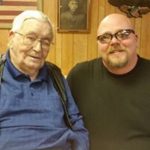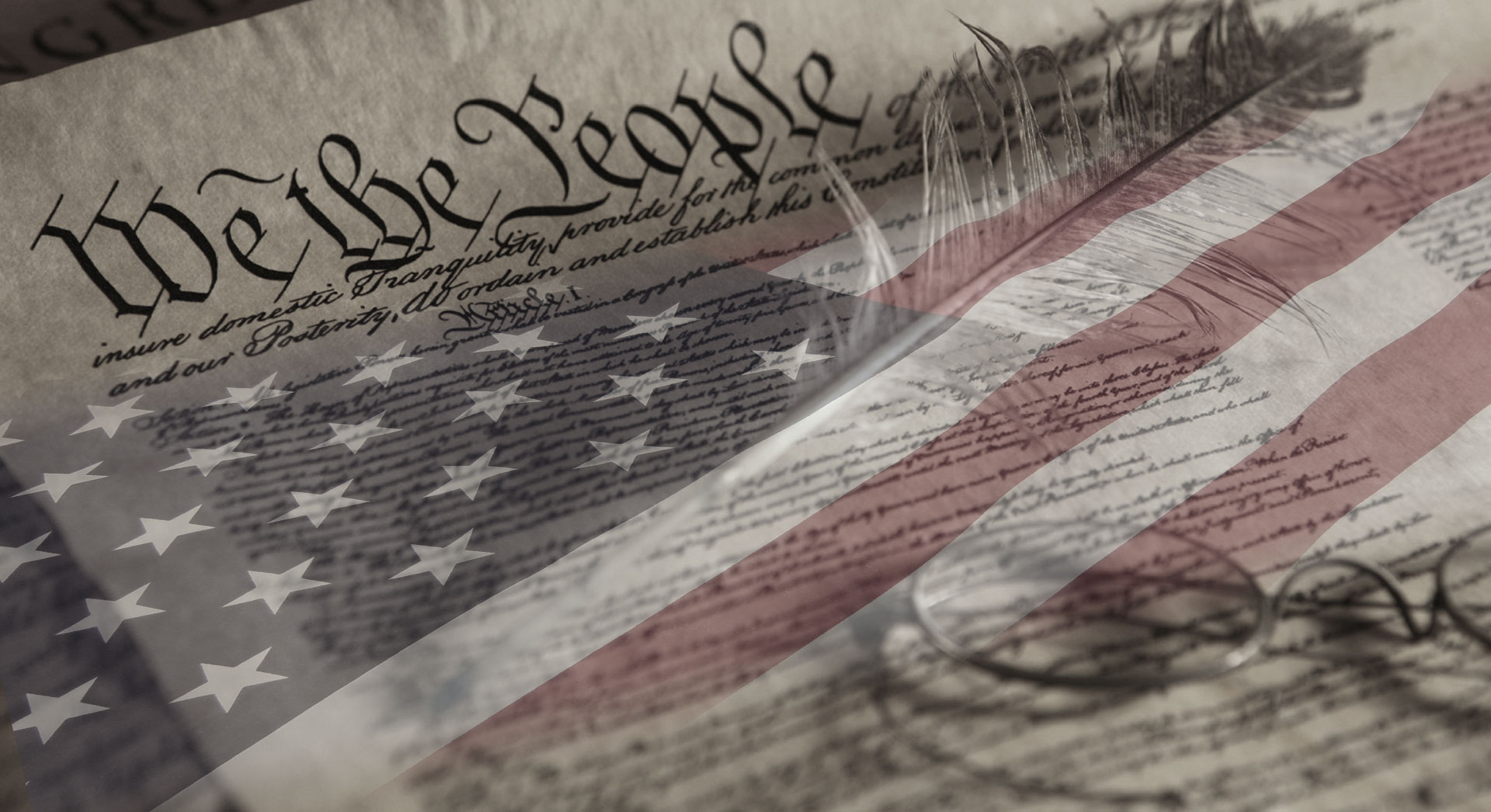
If you served in the military, chances are you learned a lot of things that many people didn’t. If your spouse or family member served, the case is the same for them. If you did not serve, or not directly related to someone that did, and do not know any Veterans, then this post is especially for you.
Military people and Veterans come from all backgrounds and ways of life. One third of the population serves in the military, and that means that you might be living, working, or going to church with someone that is a Veteran. Would you even know it, if you haven’t asked them already? Would you believe it if you learned they might be a war hero?
You never know who is next to you at the store, in the coffee shop, or at the bar or restaurant. Your neighbor, coworker, or church member could be someone that has served our country and has a few campaign medals. Many that have served in the military are humble, don’t like to brag, but have been participants in wars overseas. I have talked with many people who tell me that their grandfathers or uncles were war heroes, but their stories or medals have been lost. It would be interesting to know their military background, and any next of kin relative can order family member’s military records from www.archives.gov.
I will never forget a video that went viral a few years ago on Facebook. I am not an advocate for violence, but this video brought a huge message out to light: you never know who was trained for war. The scene takes place on a subway upstate, and a passenger started filming with their cell phone events that took place. A young African American male, in his twenties, is standing over an older Caucasian male, who appears to be elderly.
What happens next is what shocks me, the young man is yelling at the older man and telling him to get up and fight. The older man remains calm and poised, and explains that he needs the young man to calm down. After five minutes of “back and forth”, the old man gets up and lays a fist on the young man, striking him a few times. After that, you hear a crowd of people clapping and cheering on the old man.
That video showcased an obvious problem, the young man bullying the older man. The outcome is the older man “handling business” and defending himself. You can tell right away that he was a Veteran. It makes the underdog in anyone cheer and know that he can still handle himself after all of these years.
You never know who if you are standing next to a Veteran, and even a war hero. Ways to tell:
- Do they command a presence, standing tall or talking firm?
- Do they use formal phrases or even call someone “ma’am” or “sir”?
- Do you see any symbols on their body or dress, maybe a tattoo or ball cap/tshirt?
- Does their age fit the category of a major war or conflict: World War II, Vietnam War, Desert Storm, Iraq/Afghanistan?
Easy ways to learn include asking:
- Did you serve in the military?
- What branch of service were you in?
- Did you go overseas?
- If you went overseas, what campaign medals do you have?
The next logical thing is to thank them for their service and to remember the details they mentioned. The next time you see them, offer additional questions that are appropriate (remember, given the sensitive subject of war, not all want to share). You can try asking them what they liked about the military, whether they miss it, and what they wished they could have done or a place they wish to have visited. Within time, your kindness, thoughtful questions, and interest in them might reveal a war story or two. Because they only trust a few people, you could quickly become a war hero’s friend or advocate. And that is the best thing to be!


